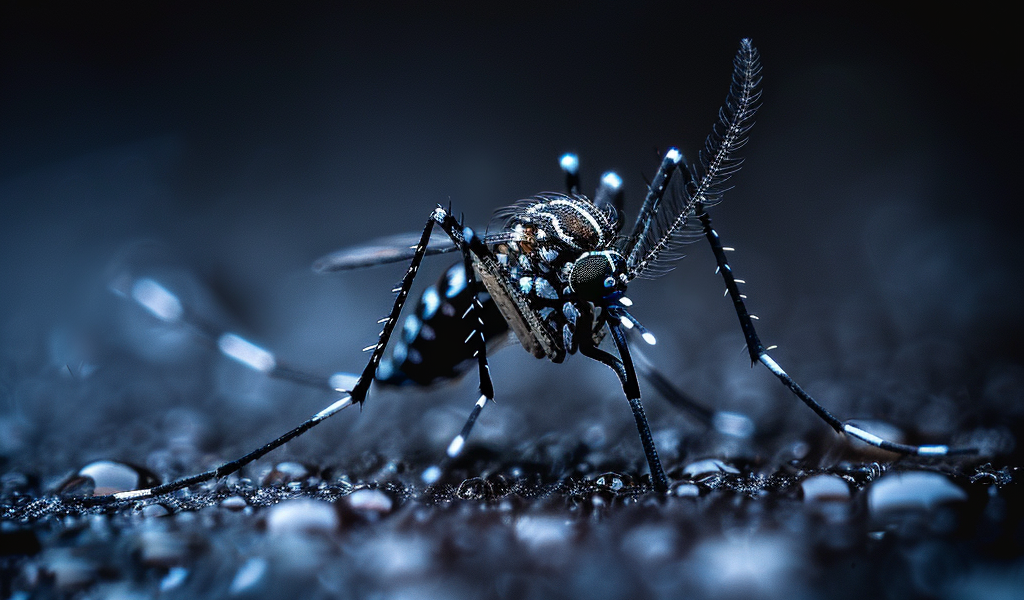Dengue cases in the Americas have surged past 5.2 million, exceeding the previous yearly record, as reported by the Pan American Health Organization (PAHO). The outbreak has raised concerns as countries grapple with the increasing number of cases.
According to PAHO spokesperson Ashley Baldwin, the region has recorded 5,214,480 cases of dengue, surpassing the total reported in all of 2023. PAHO Director Jarbas Barbosa emphasized the severity of the situation, labeling it as an emergency during a recent news briefing.
Countries in the southern hemisphere, particularly Brazil, have been severely impacted by the outbreak. Brazil has seen a significant rise in cases, prompting Rio de Janeiro to declare a state of public health emergency earlier this year. Similarly, Peru is facing a health alert in 20 out of 25 regions, with over 155,000 cases and 146 reported deaths.
While some areas in South America have observed a stabilization in case numbers, PAHO has cautioned that countries in the northern hemisphere should brace for a potential increase in cases as spring approaches. The organization highlighted the influence of rising temperatures, extreme weather events, rapid population growth, and inadequate sanitation in creating conducive environments for mosquito breeding.
Although the Americas have reported 1,858 deaths from dengue in 2024, a decrease from the previous year, PAHO stresses the importance of preventive measures. While a dengue vaccine is available and can aid in reducing severe cases and fatalities, it may not immediately halt outbreaks.
Dengue, a mosquito-borne virus transmitted primarily by the Aedes aegypti mosquito, shares similarities with other viruses carried by the same vector, such as yellow fever and chikungunya. Public health efforts, including insecticide spraying and fumigation campaigns, are crucial in combating the spread of the disease.





